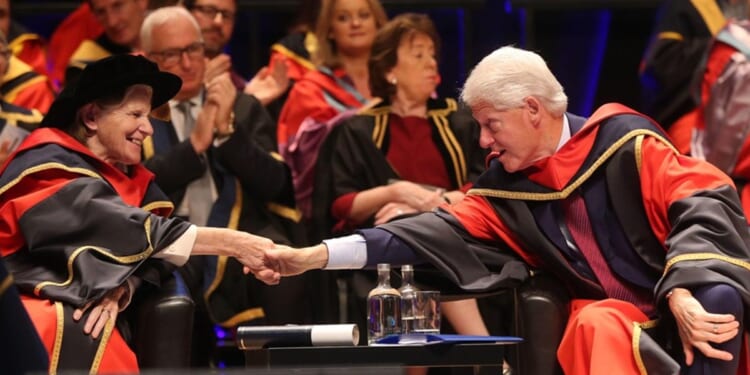Tributes to Irish campaigner Sister Stan
THE Irish Catholic Bishops’ Conference and the Anglican Archbishop of Dublin, Dr Michael Jackson, have paid tribute to Sister Stanislaus Kennedy, a Roman Catholic nun popularly known as Sister Stan, who was…
Source link
- Home
- Breaking News
- UK news in brief
UK news in brief
Related Posts
UN at 80 needs ‘timeless compass’ of Christian values, Cardinal Nichols tells Westminster gathering
MULTILATERALISM is threatened by “nationalism and protective isolation”, the…
‘The most delightful private chapel in London’
WHEN Anne Dellows was six years old, she suffered burns to her feet. That…
Lucy Worsley’s Victorian Murder Club and Grantchester
LUCY WORSLEY’s Victorian Murder Club (BBC1, 5 January) is a new three-part…
Biodiversity of Norfolk churchyards transformed through Community Payback scheme
CHURCHYARDS in Norfolk are being transformed through Community Payback, a…
Deaths
ANDERTON. — On 25 September, the Revd David Edward Anderton: Team Vicar in the…
Cookery books for Christmas 2025
BEFORE going in heart and mind even unto Bethlehem, try Florence. Winter in…
The Rt Revd Dr Gregor Duncan
The Bishop of Lichfield writes:THE Rt Revd Dr Gregor Duncan, who died on 21…
Lay funeral ministers licensed in Hereford diocese
THREE people in the diocese of Hereford have been licensed as lay funeral…
Graffiti installation in Canterbury Cathedral divides public opinion
A GRAFFITI-STYLE installation in Canterbury Cathedral has drawn strong public…

















